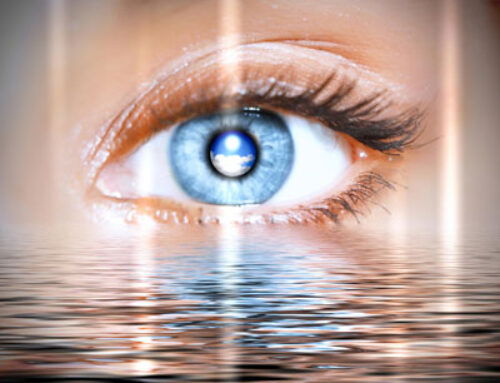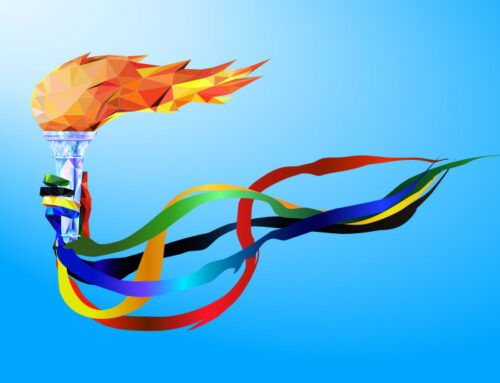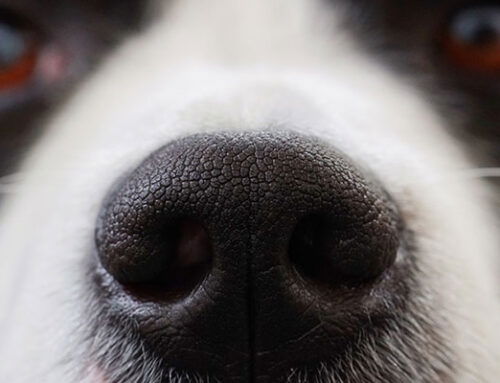I consider myself a writer now, not because I am starting to publish, but because I care so much about how it’s phrased and whether it’s good enough, which it never is.
When I gave my friend Warren, who had extensive writing experience, one of my early short stories, he urged me to dispense with the cumbersome science. I think a problem was trying to be too clear, leaving too little open for the reader to enter; in short, writing as a scientist.
Scientists concentrate on what to say and aim for clarity; writers often think about what not to say. Novelists dwell on unresolved conflicts and ambiguity. In the words of the writer William Gass (1958), a story “must be epiphanous, yet remain an enigma…stories will end in imagination, not in the fact… all stories ought to end unsatisfactorily.” Not everyone would agree, but there it is, the fog of an accomplished writer’s life.
Scientists and writers sleep in different beds and have different dreams (and nightmares), despite their common efforts to produce compelling narratives.
Scientists concentrate on what to say and aim for clarity; writers often think about what not to say.
I consider myself a writer now because I constantly translate thoughts or observations into possible stories or essays. It’s a double-edged sword. This tendency – I call it mind invasion – conflicts with the need to fully engage with my surroundings. My mind typically drifts from what’s before me. I often ask my wife Lona to repeat what someone said because my mind drifted. I lose track of details in movies because I start composing my own script.
But mainly I consider myself a writer because I write. I write blogs, short stories and surrealistic tales – for example, one about a distant planet with talking clouds and another about a dead man who speaks at his own funeral. I write essays, and hope to write another novel.
I constantly translate thoughts or observations into possible stories or essays.
I cannot tell you why I write any more that I can answer why art affects me in so many ways: certain musical performances give me chills while others bore me. Some sentences drive me to read them many times to savor their beauty, others I just skim for content. Some paintings mesmerize me and others not all.
I had hoped that writing would would close gaps between me and my family and friends, as well as between me and acquaintances that might have seen me strictly as a mysterious scientist speaking an incomprehensible language. However, I found that writing can also increase the vulnerability of not being understood or appreciated, because everyone reads his or her own story, rather than the one I think I wrote. For example, one scientist in his late seventies told me after reading Jellyfish Have Eyes that he thought Ricardo should have retired in his seventies rather than becoming “a useless waste.” Where did that come from? Not me. At least the book stimulated some thoughts for him. Yet, I still hope my writings will be read, and am happy if it touches someone’s’ heart and/or mind.
I write surrealistic tales: A distant planet with talking clouds; A dead man who speaks at his own funeral.
I love to write as I loved science. I believe that my fiction benefited by having struggled with the narrative nature of science, and that my science benefitted by having fiction loosen constraints, allowing me to think more widely. Yet, to express my feelings as a writer is no less daunting than were my efforts to touch the core of Nature as a scientist. Perhaps that’s the price of striving to be creative, whether directed outwardly in science or inwardly by writing. At times I even begin to understand Franz Kafka, one of my favorite writers, who ended his great novel, The Castle, in the middle of a






OK Joram, I have nothing but praise. You survived and succeeded upon your own self growing up, experiencing, learning, striving to know. You had a great shadow to overcome. How you did that is beyond me. Your own accomplishments are enough for any person.
But your parents! I can say that I revered your father as anyone who knew him would have. God! The life he lived carrying that damned ‘cello playing music – to make others happy hearing. Now there is a piano player called Trifonov similar to Vlad. There is absolutely no comparison in any Universe to your father playing the ‘cello. But I do not also discredit the contributions that you have also made. Your father was “something”!